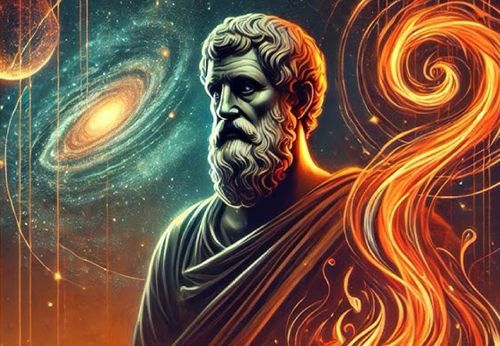“We fear outliving our health, our wealth, our friendships, our skills, our purpose, our relationships. So what are you going to do now to make sure that doesn't happen?” — Andrew J. Scott, The Longevity Imperative
Let that sink in.
We are not just living longer. We are stretching the arc of human life into uncharted territory. But with every added year comes a deeper anxiety: Will we have the purpose, health, relationships, and support systems to match the time?
This is the paradox of longevity: Lifespan has expanded—but our life-force hasn’t always kept pace.
The Longevity Paradox
Thanks to advances in medicine, technology, and public health, we’re witnessing an unprecedented demographic shift. But living longer doesn’t guarantee living well.
As economist Andrew J. Scott warns, longevity without preparation risks becoming a burden—not a blessing. We’ve mastered lifespan. But what about life design?
A Demographic Shift—or a $Trillion Opportunity?
By 2050, over 2 billion people worldwide will be over 60 (UN, 2022).
This isn’t a crisis. It’s a calling.
Welcome to the Longevity Economy: A rising force powered by individuals living longer, working longer, learning longer—and expecting more from every stage of life.
In the U.S. alone, the 50+ population contributes over $8.3 trillion annually to the economy (AARP, 2023). They are not “winding down”—they are starting companies, mentoring others, caregiving, volunteering, and driving innovation.
As Joseph Coughlin puts it in The Longevity Economy: “Older adults are not a market segment—they are a demographic revolution.”
Systems Built for 65 Are Breaking
Here’s the catch: Most of our institutions—education, employment, healthcare, retirement—are still designed for a world where life ends around 65. But we now live in multi-stage lives. We switch careers, reinvent relationships, pursue meaning across decades.
Yet we’re still asked to pick a profession at 18, retire at 65, and somehow figure the rest out. That’s not a life strategy. That’s a liability.
Why We Need Longevity Intelligence™
This is where we need a new mindset—one I call Longevity Intelligence™.
It’s not about just managing your health or finances.
It’s about developing the wisdom to navigate a longer, more dynamic life.
Longevity Intelligence means:
- Thinking across time, not just reacting to it
- Seeing age as expansion, not limitation
- Aligning your choices—health, work, relationships—with your future self
- Designing for renewal, not just retirement
As Laura Carstensen, Director of the Stanford Center on Longevity, writes: “The greatest potential of longer lives lies in how we use them.”
And that potential starts not with policy—but with perspective.
The Conversation We Need Now
The Longevity Economy isn’t just a business trend.
It’s a human evolution—one that requires vision, adaptability, and lifelong creativity.
The question is no longer: “How do I prepare for retirement?”
It’s: “How do I prepare to keep evolving for the next 40 years?”
We need to shift:
- From aging to adaptation
- From winding down to redesigning
- From resisting change to authoring new chapters
What Do You Think?
What’s the most overlooked ingredient in preparing for the 100-year life?
Let’s open this conversation—and build a world where longer lives are not just survived, but thrived.



